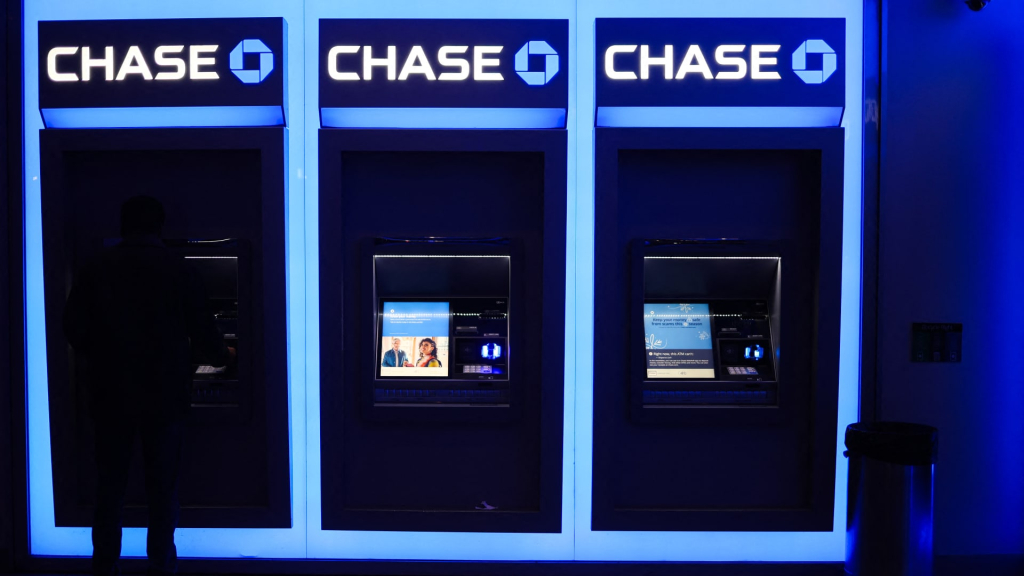JPMorgan Chase has commenced legal action against additional customers it accuses of defrauding the bank during last year’s so-called “infinite money glitch.” The lawsuits, initiated this week, target individuals who allegedly stole sums under $75,000, necessitating filings in state court rather than the federal jurisdictions utilized previously.
According to an insider, this shift in strategy reflects the bank’s broader approach to recovering lost funds. The glitch gained notoriety in late August through viral videos that showcased how customers could withdraw the total value of fraudulent checks before they were returned.
In a Tuesday lawsuit filed in Gwinnett County, Georgia, JPMorgan detailed an incident involving a masked individual who deposited a fraudulent check for $73,000 into their Chase account. The bank reported that by the time the check was returned six days later, the individual had withdrawn $82,500 across two Chase locations.
The individual, whose identity has not been disclosed pending a response, allegedly owes the bank $57,847.69 and has failed to comply with requests to return the money, according to court documents. Beyond Georgia, lawsuits are also being filed in Miami, Florida, the Bronx, New York, and two Texas counties, as specified by the source familiar with the bank’s litigation plans.
This aggressive legal action underscores JPMorgan’s commitment to reclaim funds and deter fraud. The bank reportedly reviewed thousands of cases before choosing to litigate those with the most substantial amounts and clear patterns of theft. Furthermore, since October, the bank has sent letters to over 1,000 customers demanding repayment of funds, with some individuals taking the initiative to return money after learning of the bank’s efforts to combat fraud.
It is important to note that these lawsuits are distinct from any criminal investigations that may be ongoing at the federal or state levels, the bank clarified. “We’re still investigating cases of fraud and cooperating with law enforcement — and we’ll do that for as long as it takes to hold fraudsters accountable,” said Drew Pusateri, a spokesperson for the bank.
Bankruptcy Shield?
JPMorgan is also exploring the possibility of contesting bankruptcy filings made by individuals implicated in the “infinite money” fraud. Recently, the bank made a motion in bankruptcy court in Grand Rapids, Michigan, seeking additional time to respond to a debtor’s effort to discharge their debts.
In this specific case, the bank claims to hold an unsecured claim stemming from the debtor’s fraudulent deposit of a check worth $44,779.46, from which the debtor reportedly made numerous cash withdrawals and various Cash App transactions shortly after the deposit.
“There are genuine and important reasons people use bankruptcy protections,” said Pusateri. “Getting rid of debts you accumulated through fraud isn’t one of them.”


























